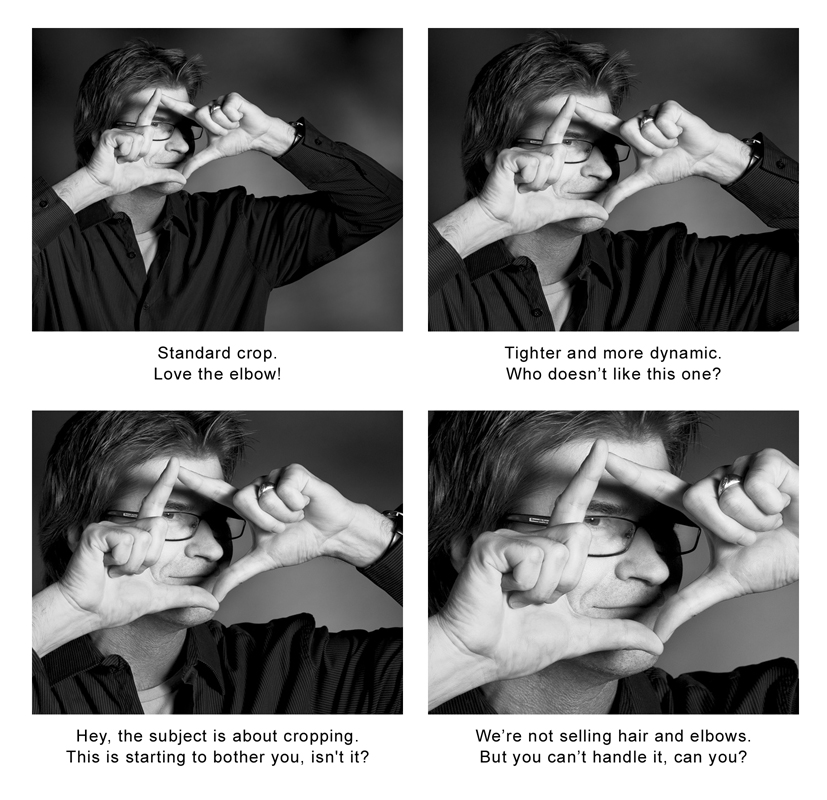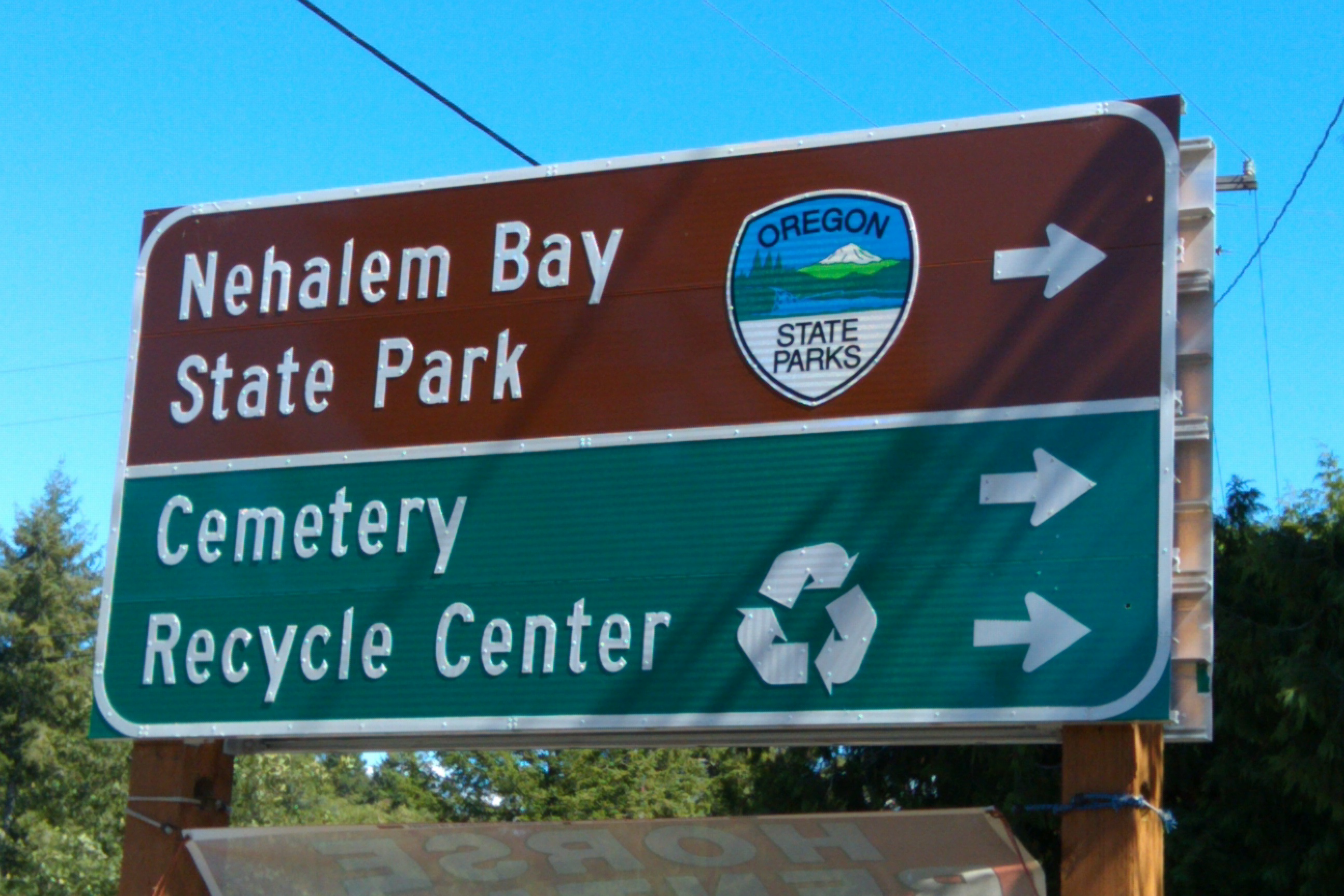As someone who once scraped together a modest living as a music critic, I found the premise behind this diatribe intriguing—until the whole thing quickly became predictable.
The author relies on a single criterion for determining if art is worthy of his esteem: whether he likes it. That’s all well and good, I suppose, except that he points to Damien Hirst—the hack whose “art” includes the suspension of dead animals in solutions of formaldehyde—as one who creates “art for the ages.”
Then there’s the tiresome adulation of the Beatles, the self-aware “to me, [insert popular fiction writer here] is light reading,” the tendentious claim that art has to blow his mind in order for it to be considered “good.”
Yawn.
Here’s a good rule of thumb for aspiring critics: drop the pretense before you write. Oh, and get out more.


